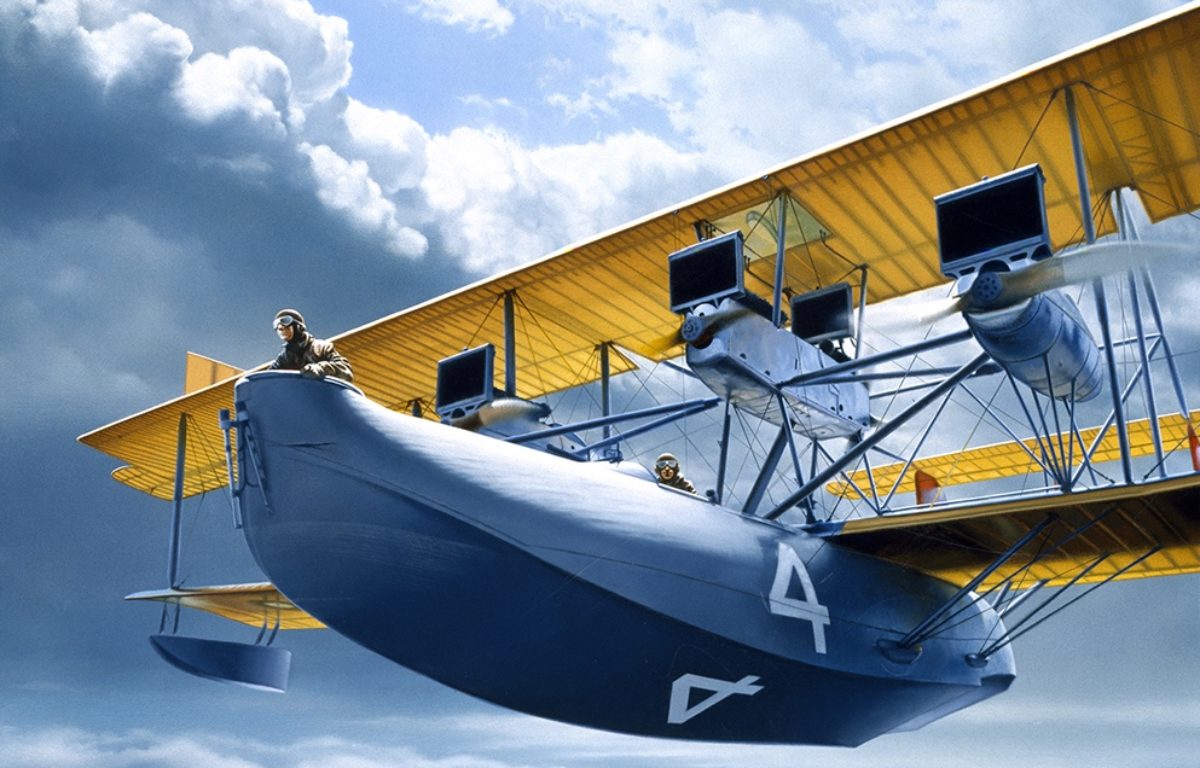Robert “Hoot” Gibson
Captain Robert “Hoot” Gibson, United States Navy, graduated with an Associate Degree from Suffolk County Community College on Long Island New York, and a Bachelor’s Degree in Aeronautical Engineering from California Polytechnic State University in San Luis Obispo, California. He entered the United States Navy and served as a Fighter Pilot in F-4 “Phantom” and F-14 “Tomcat” Aircraft and flew combat missions in Southeast Asia, making more than 300 carrier landings aboard the Aircraft Carriers “USS Coral Sea” and “USS Enterprise”. After attending the Navy Fighter Weapons School “Topgun”, he graduated first in his class at the U. S. Navy Test Pilot School and served as a Flight Test Pilot prior to being selected as an Astronaut in 1978 in the first Space Shuttle Astronaut selection.
In 18 years as an Astronaut he flew 5 Space Flights, 4 of them as the Mission Commander, aboard the Space Shuttles “Challenger”, Columbia”, “Atlantis”, and “Endeavour”, and accumulated over 36 days in space. His final Space Flight was the first mission to rendezvous and dock with the Russian Space Station “Mir” in 1995. In his career with NASA, he held the positions of Deputy Chief of NASA Aircraft Operations, as the Chief of the Astronaut Office, and as the Deputy Director of Flight Crew Operations.
After leaving NASA and retiring from the U. S. Navy in 1996, Captain Gibson flew for 10 years as an airline pilot and Captain with Southwest Airlines. In a flying career covering over 45 years, he has accumulated more than 14,000 hours of flight time in more than 150 types of military and civilian aircraft. He has been an Air Race Pilot in the Reno National Championship Air Races, racing in the Unlimited Class and the Jet Class and was the Unlimited National Air Race Champion in 2015.
He has received numerous honors, awards and decorations including the DOD Distinguished Service Medal, the Legion of Merit, the Distinguished Flying Cross, the Air Medal (3 awards), the Navy Commendation Medal with Combat Distinguishing Device, the Humanitarian Service Medal, and the Vietnam Service Medal. He has been awarded numerous international medals as well, including the Konstantin Tsiolkovsky Medal from the Russian Federation, the Yuri Gagarin Gold Medal from the Federation Aeronautique Internationale (FAI) in 1995, and two awards of the FAI Louis Bleriot Medal in 1991and 2004.
He has established six World Records for aircraft; “Altitude in Horizontal Flight”, Class C-1A in 1991; “Time to Climb to 9000 meters”, Class C-1A in 1994; “100 Kilometer Closed Course Speed Record”, Class C-1A in 2004; “Speed over a Recognized Course” Seattle to Las Vegas, Jet Class C-1H in 2004; “Speed over a Recognized Course” Las Vegas to Wichita, Jet Class C-1H in 2004; and “Speed over a Recognized Course” Chester, England to Geneva, Switzerland, Jet Class C-1H in 2009.
He has also established 3 World Records for Spaceflight: “Assembled Mass of Spacecraft in Earth Orbit”, Space Shuttle Atlantis and the Russian Space Station Mir, 1995; “Distance Traveled in Linked Flight”, Space Shuttle Atlantis and the Russian Space Station Mir, 1995; and “Altitude in Linked Flight”, Space Shuttle Atlantis and the Russian Space Station Mir, 1995.
Other honors and awards include “The Freedom of Flight Award” from the Experimental Aircraft Association in 1989, “The Crystal Eagle Award” from the Aero Club of Northern California for “Contributions to the Realm of Aeronautics and Space – as a Pilot, an Engineer and a Manager” in 1997, selection as a Fellow of the Society of Experimental Test Pilots in 1998, selection as an “Honored Alumni of the Year” by the California Polytechnic College of Engineering in 1986, the “Distinguished Alumnus Award” by Suffolk County Community College in 1993, the California State University “Year of the Alumni Award” in 1996, and the “Outstanding Alumni Award” by the American Association of Community Colleges in 1997. He has been awarded two Honorary Doctor of Science Degrees, one from Westminster College in 2002, and one from the California University System in 2004. He was also awarded a “Doctor of Aeronautical Engineering, Honoris Causa” from the Indiana Institute of Technology in 2009.
Captain Gibson was inducted into the Astronaut Hall of Fame in 2003, the Long Island Air and Space Hall of Fame in 2011, the Spacecamp Hall of Fame in 2012, the Tennessee Aviation Hall of Fame in 2015, and was enshrined in the National Aviation Hall of Fame in October 2013.

